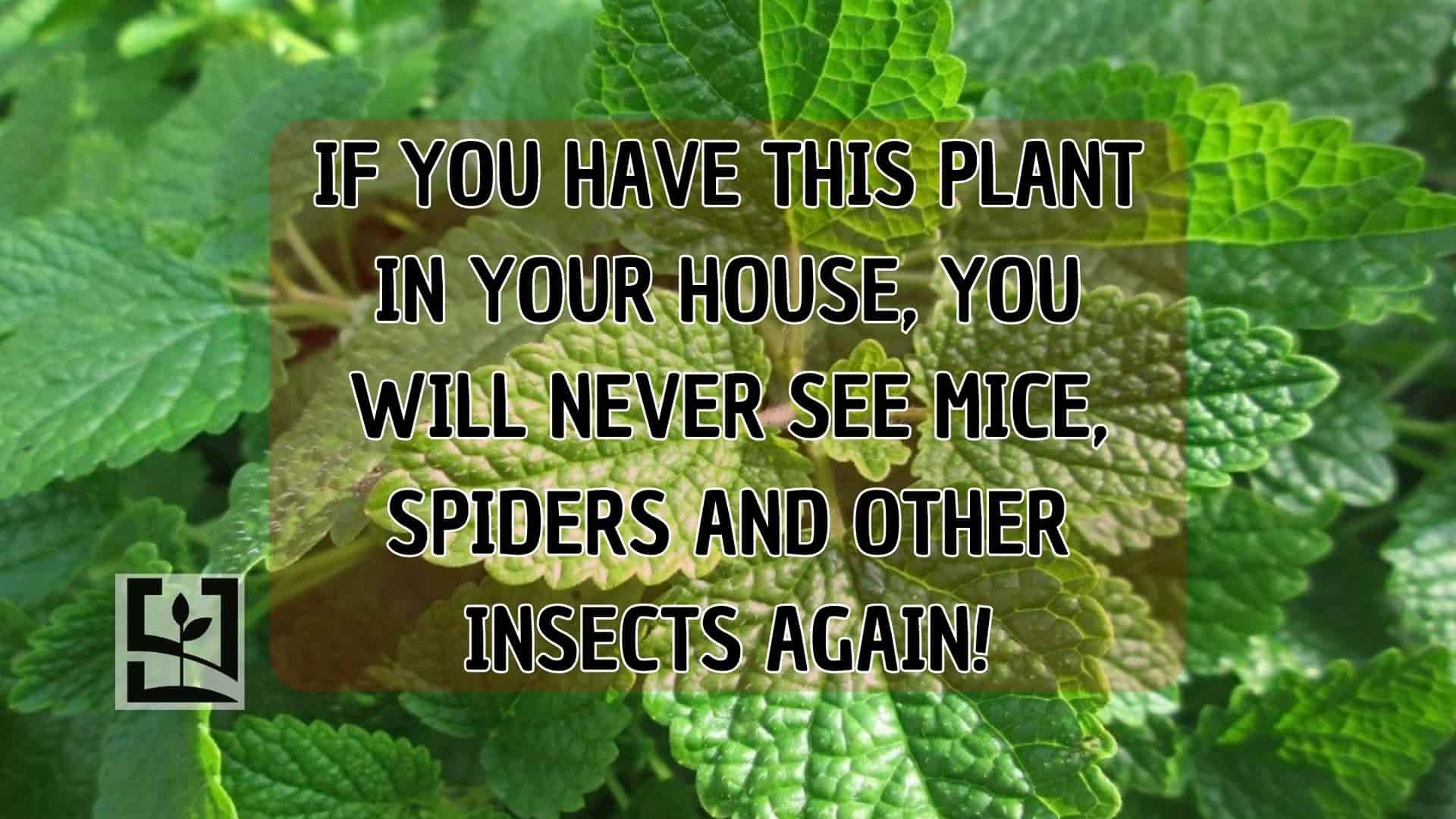Some plants have repellent properties, but it is important to be wary of such claims. Herbs such as peppermint, lavender, and citronella are considered natural repellents due to their strong scent, but there is no guarantee that these plants will completely eliminate insects in your home.
Here are some things to consider:
Some plants may contain natural substances that are considered repellents, but they may not be effective enough to completely eliminate insects in your home. They can help avoid insects to some extent, but they cannot eliminate the problem completely.
Environmental factors: The effectiveness of using plants as repellents depends on factors such as the type of bug, the intensity of the infestation, and the environmental conditions of the home.
Other solutions: If you’re dealing with pests like rats, spiders, and insects, herbicides may not be enough. Integrated pest management is more successful, involving measures such as sealing entrances, maintaining a clean environment, and applying targeted pest control treatments.
Pro Tip: If you have pests in your home, you should hire a pest control professional. They can come up with the most effective solutions for the situation.
Personal Experience: Some people may find positive results when using specific plants to kill insects, while others may not. Personal preference, insect species, and other factors can affect the results.
If you want to use plants as repellents in your home, consider planting plants like mint, lavender, rosemary and citronella near entryways or windows. However, keep in mind that plants are not a surefire pest control strategy.
For more serious pest problems, we recommend consulting a pest control specialist. They can assess the problem and advise you on the best course of action to properly manage and eliminate the pests from your home.
Disclaimer:
The content of this article is for educational purposes only and should not be used as a substitute for professional medical advice, diagnosis, or treatment.

